Tour de France: A predictable result arrived at in extraordinary circumstances – Analysis
The could-haves and should-haves in a shortened Alpine stage
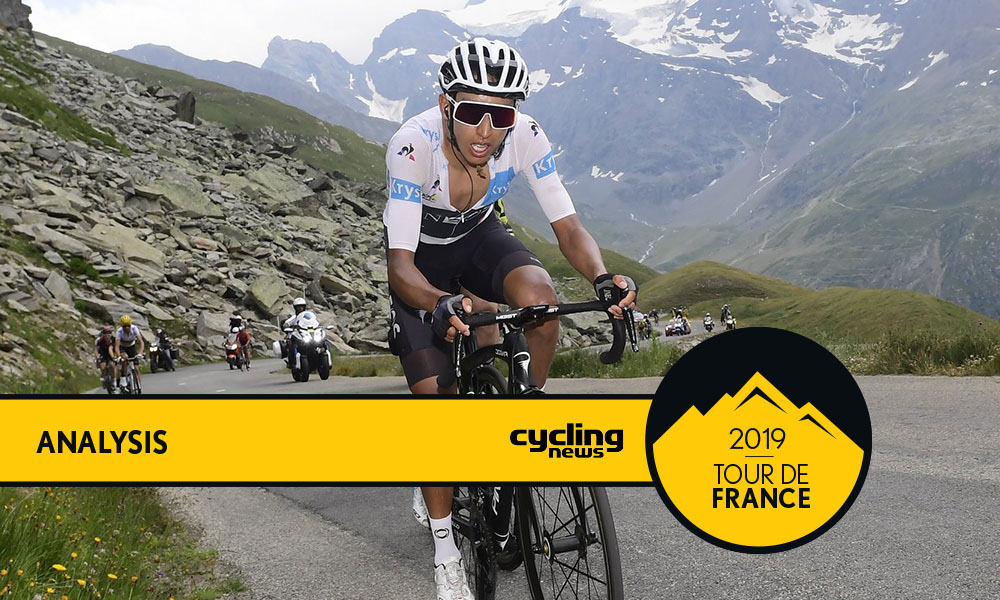
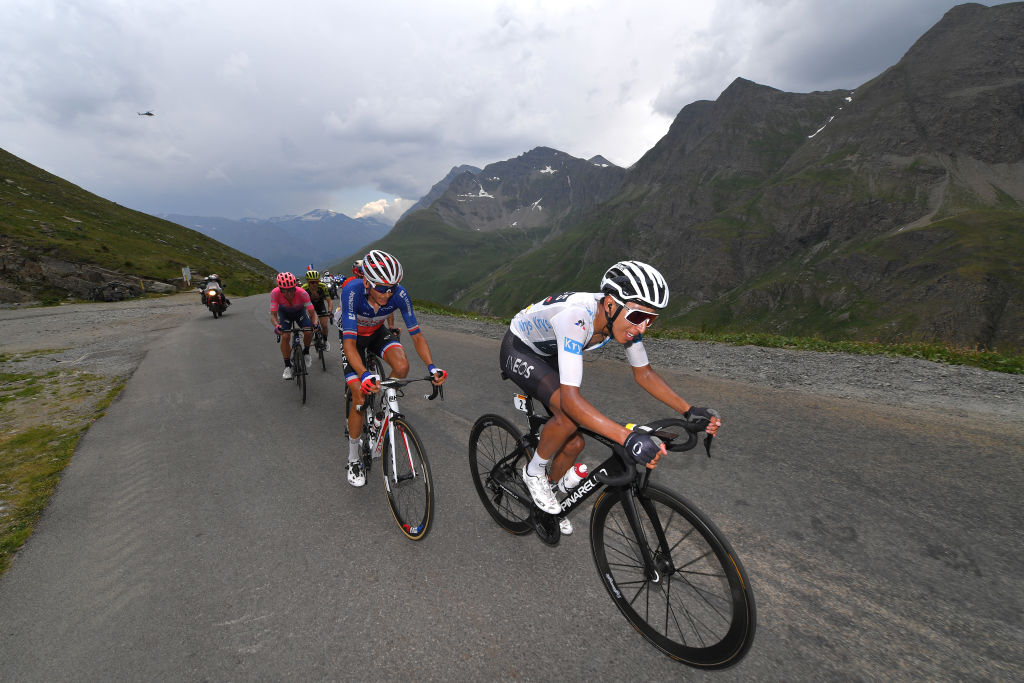
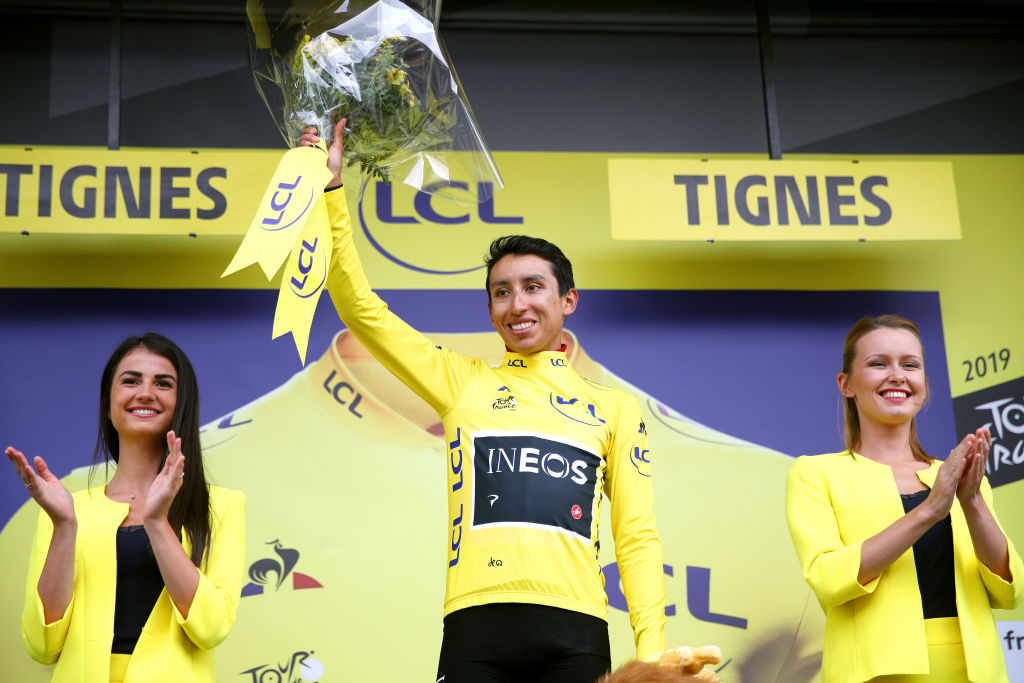
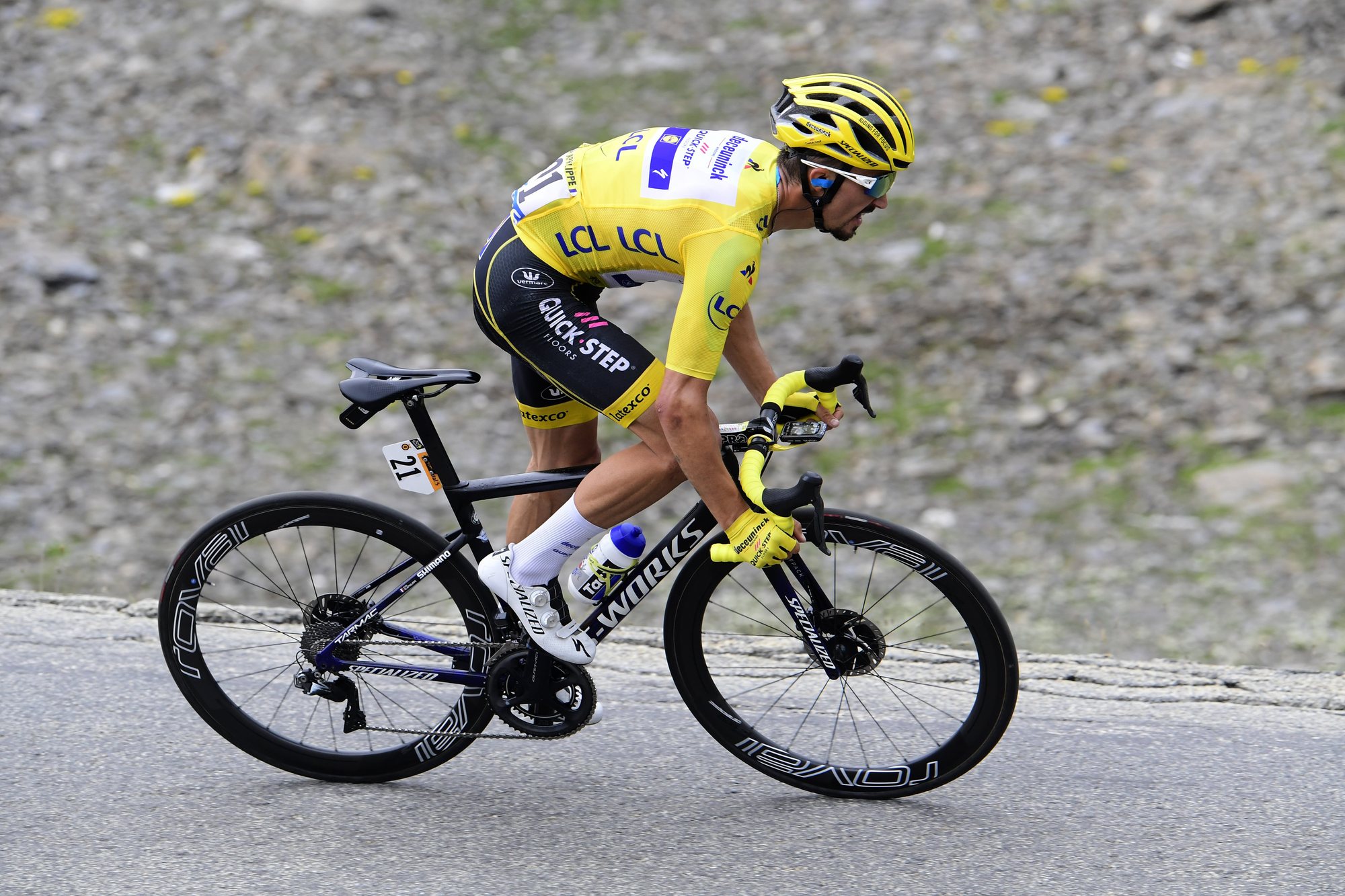
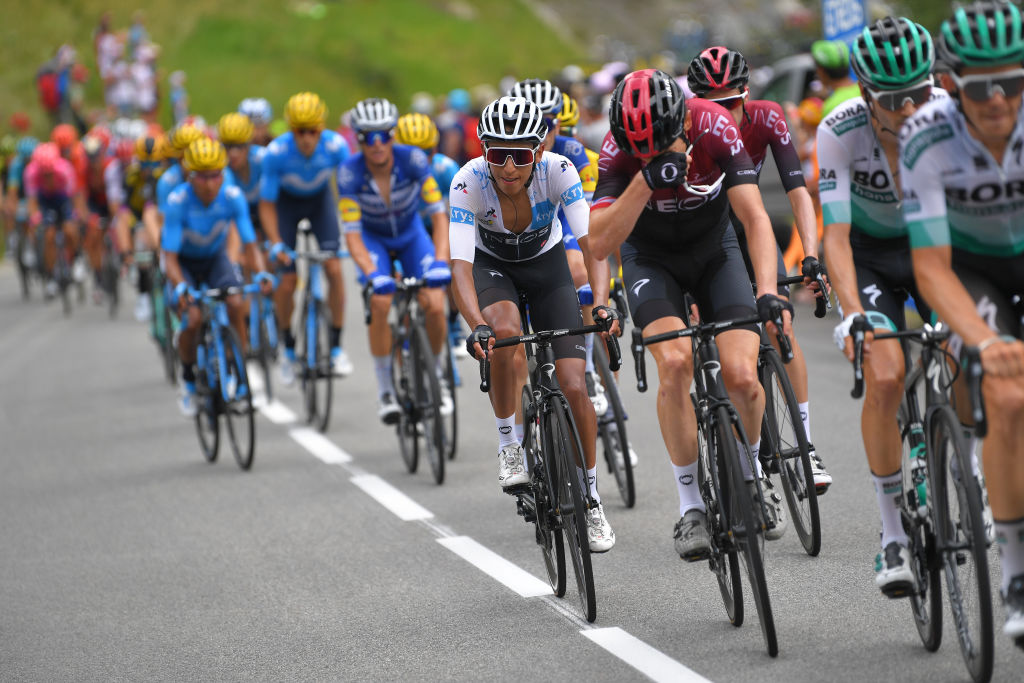
Three kilometres before the summit of the Col de l'Iseran during stage 19 at the Tour de France, word began to filter through the ASO grapevine that hail and mudslides had led to blocked roads between the penultimate climb and the summit finish in Tignes. Snippets of information crackled through race radio, Christian Prudhomme held council with his trusted advisers and, within a matter of minutes, the decision was announced that the times on the summit of the Iseran would be taken between the lone leader Egan Bernal (Team Ineos) and his pursuers. The rest of the stage would be nullified, but, as the news began to sweep through the peloton, some could hardly believe it.
The final confirmation that the times on the Iseran would be used to dictate the new GC standings were made by ASO roughly four kilometres into the descent when Prudhomme, course designer Thierry Gouvenou and the president of commissaires agreed on their course of action. In truth, their options were limited, to begin with. A dusty rule book somewhere in Paris may have decreed that their primary choices were to either cancel the stage or re-run it twenty-four hours later but sense and practicalities won out eventually.
In the end, there would be no stage winner, but Egan Bernal's attack roughly 5km from the summit of the Iseran would become the defining act in this year's unpredictable Tour de France, and by the time the race collected its breath and the riders bussed their way up to Tignes, it was almost forgotten that the home nation's darling Thibaut Pinot (Groupama-FDJ) had quit the race in tears.
Had the race not been affected by blocked roads, the stage could have unfolded in several different ways. Bernal could have faded in the valley or on the final climb itself; Julian Alaphilippe (Deceuninck-QuickStep) could have rallied before eventually losing even more time on the last ascent; perhaps the Jumbo-Visma and Bora-Hansgrohe alliance could have turned the screw on Geraint Thomas (Team Ineos) and dramatically altered the podium places with two stages remaining; Simon Yates could have won Mitchelton-Scott's umpteenth stage. Or Bernal could have laid down a seminal moment with a dramatic stage win.
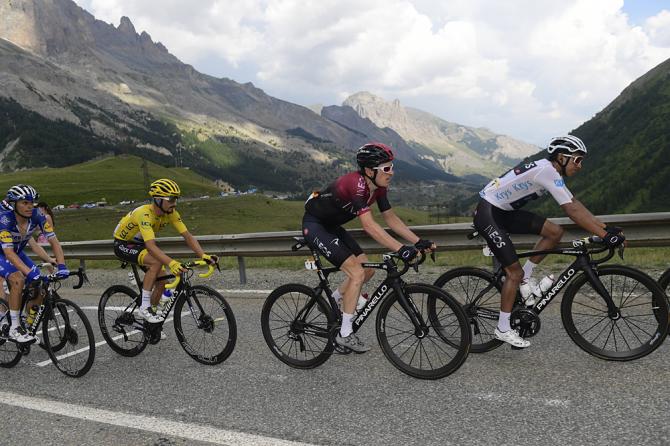
All ifs, all buts, yet few could argue that no matter the permutation, the strongest rider is now in control. Had Thomas, Mikel Landa (Movistar), Steven Kruijswijk (Jumbo-Visma), or anyone else for that matter, had designs or desires of winning the race, then they would have gone with Bernal. The sight of Thomas and Kruijswijk cancelling each other out was another indictment of Bernal's position of strength and their destined battle for the minor podium positions.
Bernal has never dropped further than seventh overall since the team time trial on stage 2 and, although his individual race against the clock in Pau was mediocre by some standards, he was still Ineos' most aggressive rider when the true mountains began. He dealt best with Pinot in the Pyrenees and then gained time on stage 18 when the rest of his rivals found their powers waning. Had the stage to Tignes run its full course, the 22-year-old could have been minutes and not seconds clear.
However, the debates and polemics over what happened on stage 19 will rage on for far longer than this Tour will last and, arguably, the 2019 edition has fizzled towards somewhat of an anti-climax given the blow-by-blow action the race provided in the opening two weeks. At the same time, this has been a Tour of unpredictable twists and turns. This latest one may have taken some gloss off the spectacle, but it will live long in the memory nonetheless.
Get The Leadout Newsletter
The latest race content, interviews, features, reviews and expert buying guides, direct to your inbox!
Three weeks ago, when the sun beat down in Brussels and Eddy Merckx's name was passionately chanted, and all the talk around Ineos was over their supposed joint leadership, few would have predicted that this Tour would have been won at the top of the Iseran, and certainly not in these dramatic circumstances, at least. When Alaphillippe ignited the race, when Pinot raised a nation's hopes, and when Ineos looked to be on the ropes, the race looked wide open and ready for the taking. The knockout blow came via an act of nature no one could have predicted, but the force of nature that is Egan Bernal still came out on top. And who knows? Given what we've already seen in this year's race, even stage 20 and its shortened route could throw up one last surprise.
General classification after stage 19
| # | Rider Name (Country) Team | Result |
|---|---|---|
| 1 | Egan Bernal (Col) Team Ineos | 78:00:42 |
| 2 | Julian Alaphilippe (Fra) Deceuninck-QuickStep | 0:00:48 |
| 3 | Geraint Thomas (GBr) Team Ineos | 0:01:16 |
| 4 | Steven Kruijswijk (Ned) Team Jumbo-Visma | 0:01:28 |
| 5 | Emanuel Buchmann (Ger) Bora-Hansgrohe | 0:01:55 |
| 6 | Mikel Landa (Spa) Movistar Team | 0:04:35 |
| 7 | Rigoberto Uran (Col) EF Education First | 0:05:14 |
| 8 | Nairo Quintana (Col) Movistar Team | 0:05:17 |
| 9 | Alejandro Valverde (Spa) Movistar Team | 0:06:25 |
| 10 | Richie Porte (Aus) Trek-Segafredo | 0:06:28 |
Daniel Benson was the Editor in Chief at Cyclingnews.com between 2008 and 2022. Based in the UK, he joined the Cyclingnews team in 2008 as the site's first UK-based Managing Editor. In that time, he reported on over a dozen editions of the Tour de France, several World Championships, the Tour Down Under, Spring Classics, and the London 2012 Olympic Games. With the help of the excellent editorial team, he ran the coverage on Cyclingnews and has interviewed leading figures in the sport including UCI Presidents and Tour de France winners.
